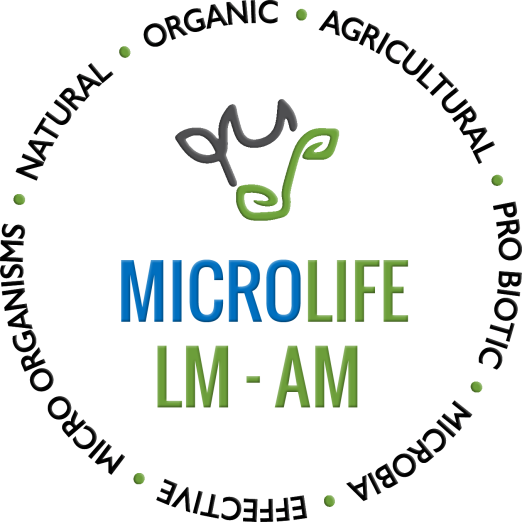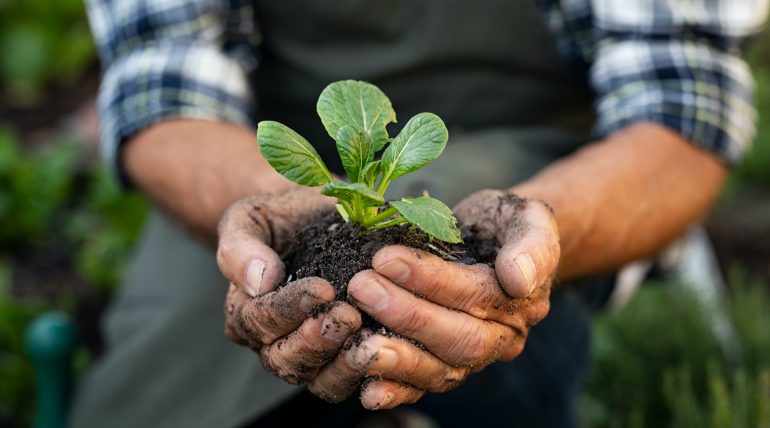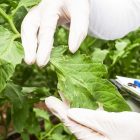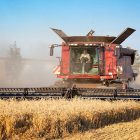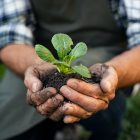Organic farming
Organic farming is beneficial to a wide range of organisms. It restores the biodiversity of the core resources and habitat of the region. The symbiosis between flora and fauna, animals, and humans with a chemical-free environment is paradise on Earth.
Organic farming is a method of crop and livestock production that involves much more than choosing not to use pesticides, fertilizers, genetically modified organisms, antibiotics and growth hormones.
Organic production is a holistic system designed to optimize the productivity and fitness of diverse communities within the agro-ecosystem, including soil organisms, plants, livestock and people. The principal goal of organic production is to develop enterprises that are sustainable and harmonious with the environment.
